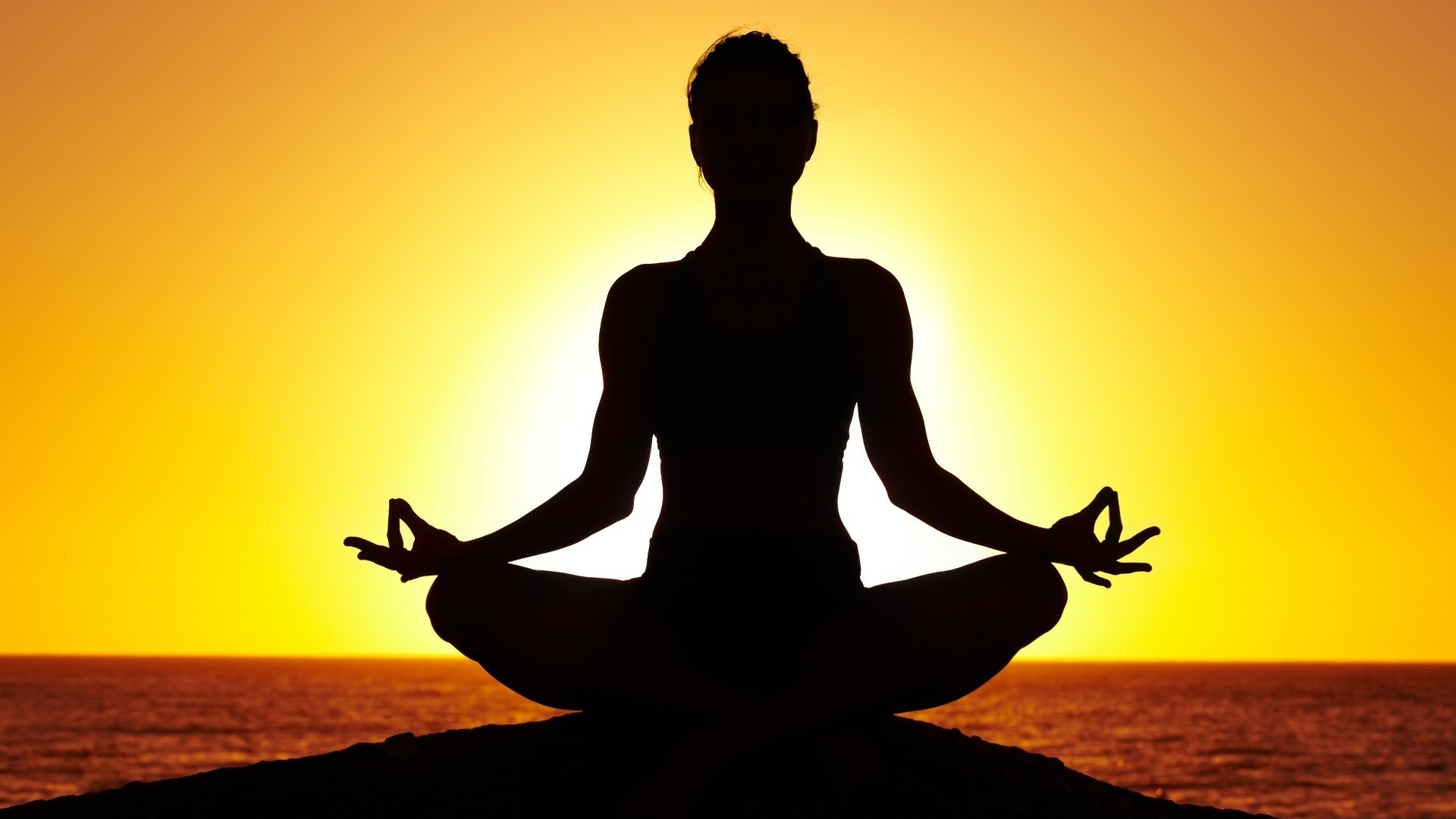Looking for practical ways to develop spiritual health?
When you take Vaisesika’s personally designed 21-Day challenge, you will learn simple, and time-tested methods of spiritual fitness that you can apply easily and see immediate improvements in your life. Each step of the 21-Day challenge is also customized so that you can do as much or as little as you feel comfortable with. The truth is that just as our bodies need physical fitness and exercise to stay healthy and disease-free, we, as spiritual beings (note: in Sanskrit, one’s spiritual self is called, atma) need daily care for us to be happy and balanced.
And unlike exercise programs where we measure our success in terms of pounds and ounces, or waistlines, maybe even giving us something to brag about, the results of spiritual fitness reveal themselves within our hearts; they are measured by the degree to which we experience inner peace and satisfaction, even when life is difficult.
The 21-Days of your Spiritual Fitness Program are broken into three sections namely body, mind and spirit. You can integrate these steps in your daily life and build your way into a full spiritual practice that may last you a lifetime.
For each step, you can choose to participate depending on how much time, energy, and devotion you have available to commit. After all, just as going to the gym and committing too hard and too fast can result in burnout, spiritual life also requires us to carefully commit to only what we can do with clear eyes and a clear heart.

Regulate sleep
Regulating sleep means going to sleep and waking up at the same time each day. It is also helpful to wake up early. Although “early,” is a relative term, spiritual texts say that Brahma Muhurta – one hour and forty minutes before sunrise – is the most advantageous time to practice anything or to get important things done, especially spiritual practices. Waking up before sunrise is one of the most recommended processes for not only bodily health, but also spiritual awakening.
The secret to waking up early is to go to bed early (or at least early-ish). Be careful to avoid mindless activities at night that derail your early-to-bed early-to-rise schedule. The Bhagavad-gita says: “Don’t sleep too much and don’t sleep too little. In fact, if your sleep is balanced and regulated, you will overcome the miseries of life.”
Eat healthy
You are what you eat. Eat a rainbow diet. That is, eat fresh, nonviolent and include a variety of multicolored fruits and vegetables. Try to cut back on junk food: food that has empty calories.
Walk daily
If sitting is the new smoking, daily walking is the panacea to good health. Try walking instead of riding in cars when you can. And set aside time each day to take a health walk for at least twenty minutes.

Wake up to an affirmation
Our words are powerful and the first words that we say in the morning set the stage for our mind. Upon waking up in the morning, repeat the following affirmation (or use your own):
– Today, I focus on the present moment, which is the only point of power and the only time I have.
– I am the architect of my life; I practice with focused attention and sincerity to develop good habits.
– I find gratitude in all circumstances.
– I am disciplined in my service.
– My body is healthy; my mind is brilliant; my habits are balanced.
– I see that I am not my body or mind, and that I am therefore, superior to negative thoughts and low actions.
– I forgive easily.
– I listen carefully to the voice within, which leads me to new, brilliant ideas in others service.
– I go out of my way to encourage myself and others.
– I appreciate other living entities.
– Everything that is happening now is happening for my ultimate good.
Start the day with a map
Writing your goals in the morning immediately focuses the mind. Write down your top three priorities for the day and keep them in a place where you can see them. This is your roadmap for the day.
Manage screen time
Avoid mindlessly scrolling through social media. Be deliberate about what you want to get from your screen time. If you don’t have a definite purpose for looking at a screen, do something more productive instead.

Do mantra meditation
Simply put, some sounds elevate us; others degrade us. Material sound binds us; spiritual sound liberates us. A spiritual mantra is a combination of syllables – sonic formulas – that, when repeated, brings the chanter transformation and spiritual growth.
A mantra’s sound vibration influences the subtle energy centers of the body called chakras. By repetition, the mantra’s vibration replaces the denser, nonproductive energies in our chakras with transcendental energies that elevate us.
Listed here is the Maha-mantra, which has sixteen words and thirty-two syllables, and comes from an ancient scripture called the Kali Santarana Upanisad:
Hare Krishna Hare Krishna Krishna Krishna Hare Hare
Hare Rama Hare Rama Rama Rama Hare Hare
Take some time to repeat the mantra while focusing your mind on the the sound vibration. When your mind wanders, practice bringing it back to the sound of the mantra. Count how many mantras you chant each day; and stay consistent in repeating the same number of mantras each day.
Perform one act of selfless service
Do some service for another, without being asked or without seeking to be recognized or compensated.
Keep a gratitude journal
Gratitude turns whatever we have into enough. What’s more, gratitude is a practice. The more you practice being grateful for what you have, the more you’ll develop your capacity for appreciation. When you can appreciate all things, even so-called reversals in your life, seeing them as valuable lessons, you’ll be situated in unwavering spiritual satisfaction.
You might start by looking at ordinary items where you live or work: the window shades, the bookcase, and desk, considering how lucky you are to have them. They really are luxuries, but how often do we appreciate them. Somebody sacrificed to design and make each one; and what to speak of the trees that gave their lives for them. What about your collection of books? How about your ability to breathe, your digestion, and your power to think?
With just a tiny bit of consideration, you will sense how in every direction there is something to be grateful for.
Do you have a burning question? Do you want to meet kindred spirits and begin a transformational journey, or perhaps you want to take a retreat from the daily grind and reconnect with spirit?
Ask Vaish.
Vaish, a modern-day monk with over four and a half
decades of yogic practice, will answer your questions based on the timeless wisdom of bhakti-yoga, as well as from the space of his own personal experiences and insights as a veteran practitioner.